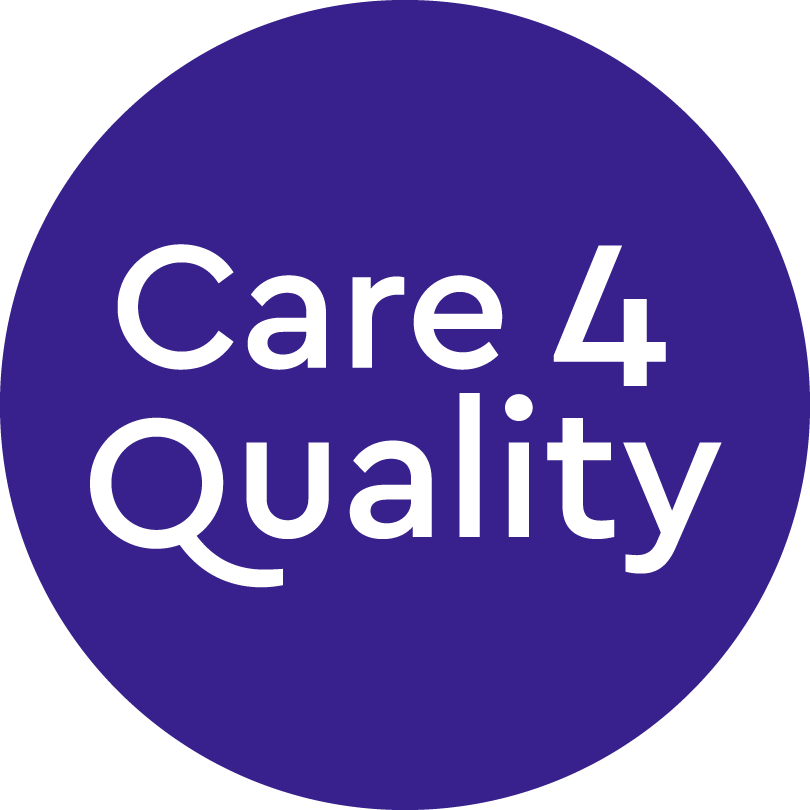The CQC and Ofsted have conducted a number of joint inspections since 2016, investigating how well local areas are fulfilling their responsibilities for children and young people with Special Educational Needs and Disabilities (SEND).
These joint inspections will look at how well education, social care, and health services are collaborating to ensure that young people are receiving the support and guidance they need. Furthermore, the inspections identify which young people have special educational needs and what additional support they require.
Inspections had been suspended during the height of the COVID-19 pandemic, however, actions are being taken to ensure that disrupted services continue to receive support. Going forward, the CQC and Ofsted will work collaboratively with local authorities in a number of interim visits which will begin this autumn.
The aim of these visits will be to support local areas in prioritising the needs of young people with special educational needs following the pandemic, as well as reporting on how different authorities can rebuild a better, more effective SEND system in the future. It will also seek to understand the experience of young people during the lockdown period, outlining the positives and negatives of children’s experiences during the last few months.
More long-term changes are also planned for SEND inspections, as CQC and Ofsted have been commissioned by the Department for Education with supporting the Department of Health and Social Care – developing a new SEND inspection framework to replace the existing framework once this cycle has concluded.
Rosie Benneyworth, Chief Inspector of Primary Medical Services and Integrated Care at the Care Quality Commission said:
“As a responsive regulator, we also need to make sure that we continue to learn and adapt our approach so that we can make sure people get the high quality, safe care that they deserve. We will be working with Ofsted to develop the new inspection framework for future SEND inspections and making sure that the voices and experience of children and young people with SEND, and their families, are at the heart of this.”

